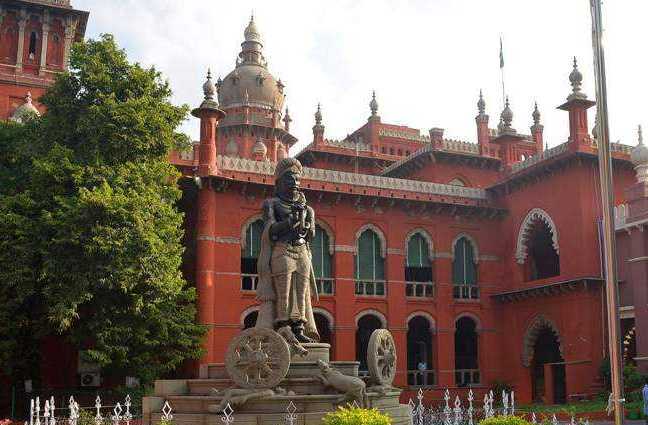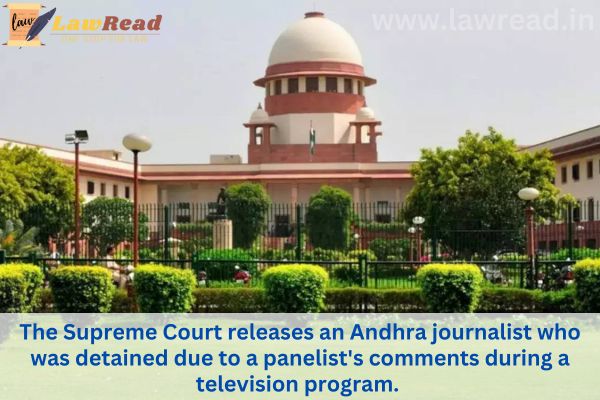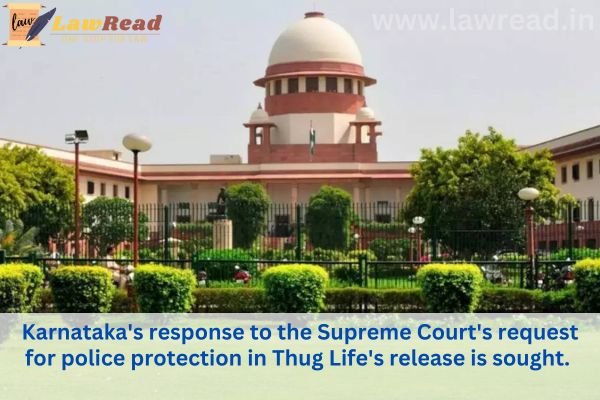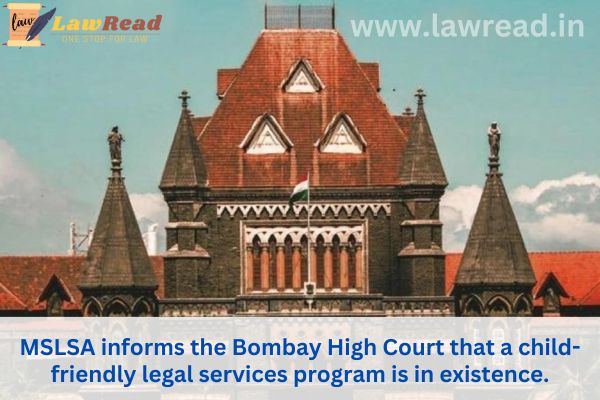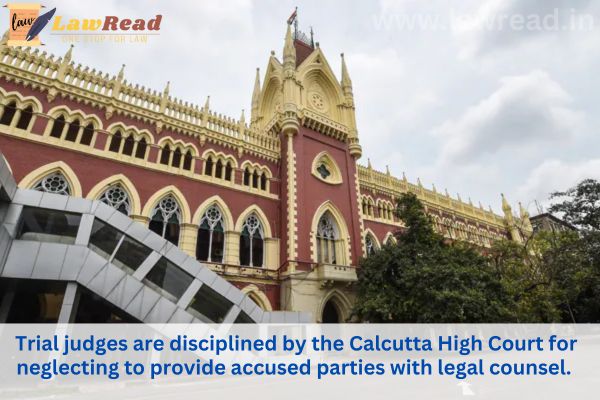News
The Uttar Pradesh government is instructed by the Allahabad High Court to establish a powerful panel to regulate online gaming.
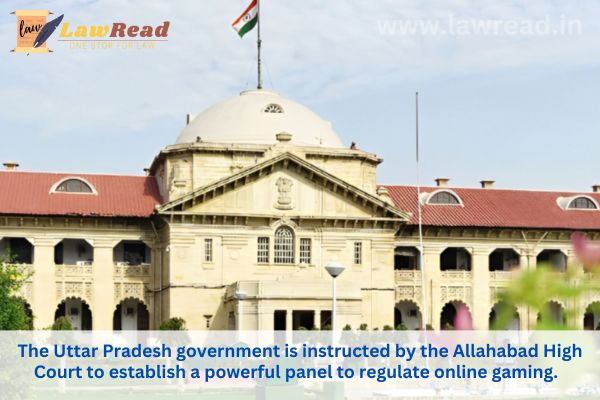
Under the Public Gambling Act of 1867, two people who were charged with operating an online betting ring out of their Agra home requested that their charges be dropped.
The Uttar Pradesh government has been ordered by the Allahabad High Court to form a High-Powered Committee to investigate whether a specific law is required to control and oversee the quickly expanding online gaming and betting industry.
The ruling was made as the Court was considering a petition from two people who claimed to have operated an online gambling business out of their Agra home, making crores of rupees and enticing locals to gamble away their earnings. Under the Public Gambling Act of 1867, the petitioners aimed to halt the charges and the ongoing trial.
Justice Vinod Diwakar's bench underlined the need to draft laws specifically designed to handle the changing landscape of online gambling and gaming platforms. While deciding a particular petition pertaining to the Public Gambling Act of 1867, the Court took suo motu note of the wider ramifications of online gambling.
The High Court mandated that Professor KV Raju, the Government of Uttar Pradesh's Economic Advisor, lead the committee. The panel's Member Secretary will be the Principal Secretary of State Tax. Other subject-matter specialists will also be on the committee to offer a multidisciplinary viewpoint.
The Court directed that a comprehensive legal framework be drafted using the combined input of this expert council in order to effectively regulate and monitor public betting and internet gaming.
"The Public Gambling Act is a pre-digital law," the Court declared. Digital platforms, servers, and cross-border transactions are not mentioned. It has no authority over virtual gaming environments accessed by computers, smartphones, or offshore servers, and its enforcement is restricted to actual gambling establishments.
The Court further stated that fantasy sports in India are a legal gray area that falls between games of skill, which are allowed, and games of chance, which are forbidden by the Public Gambling Act of 1867. Numerous High Court decisions, particularly in Punjab and Haryana, Rajasthan, and Bombay, have acknowledged fantasy sports as a skill-based game, giving platforms legitimacy under Article 19(1)(g) of the Indian Constitution, which guarantees the freedom to pursue any career.
It was also noted that a number of High Courts, including those in Bombay, Rajasthan, and Punjab and Haryana, have acknowledged fantasy sports as skill-based games, giving them constitutional protection under Article 19(1)(g) (right to conduct an occupation). This classification is still up for debate and depends on the jurisdiction.
The Court also highlighted the dangers that online gaming poses to one's social and emotional well-being, especially for teenagers and young people. A number of detrimental effects were highlighted, such as addiction to video games, anxiety and despair, sleep disturbances, academic deterioration, and social disengagement.
It denounced gaming platforms for their use of reward schemes and manipulative algorithms that encourage compulsive play.
The fact that a large number of internet gambling sites are based outside of India, with servers situated abroad and transactions going through unregulated financial channels, alarmed the Court. The Court cautioned that this makes law enforcement more difficult and increases the risk of financial fraud, money laundering, and financing terrorism.
Given the aforementioned, the Court underlined that "fines and imprisonment terms may be revised in line with inflation and the scale of operations in Uttar Pradesh by bringing necessary amendments in the existing law, thereby making the offence non-cognizable, until a robust legislative framework is enacted, acknowledging the digital nature of gaming and imposing clear regulatory safeguards."
The accused were charged with a non-cognizable offense, and the court determined that it was improper for the police to act without first obtaining a magistrate's clearance. It quashed the pending proceedings as a result.
But, as long as they adhere to the proper legal procedures, it allowed the police to start a new inquiry.

